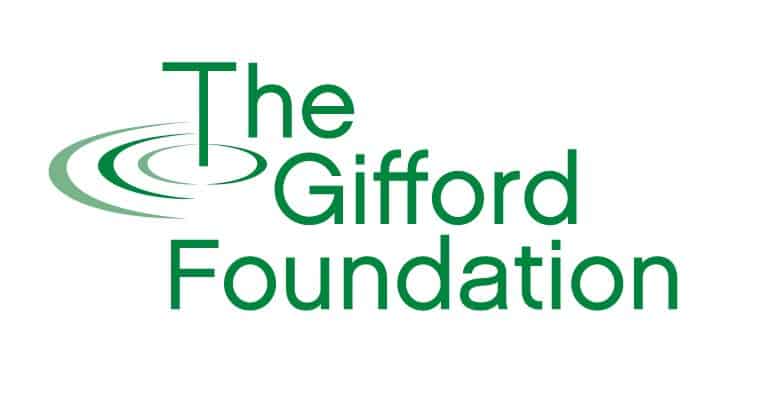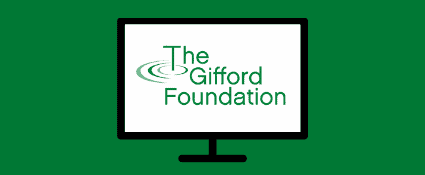David’s Refuge Has a New Mantra:
Self Care Isn’t Selfish
We spoke with Executive Director Kate Houck about the work David’s Refuge is doing to combat burnout and teach self-care to caregivers. Since 2013, they have provided a range of services that include respite, wellness, and community programming.
Published August 11th, 2022
When imagining the various roles that await us in life, we often think about what it means to be a parent, an employee, a romantic partner. All of us will experience some or all of these relationships, and are conditioned from childhood to prepare for them. Yet there is another role that nearly all of us will eventually undertake but that is rarely discussed until it falls into our lap: being a caregiver. Recognizing the strain that such a responsibility entails, David’s Refuge provides support to caregivers of children with special needs or life-threatening medical conditions.
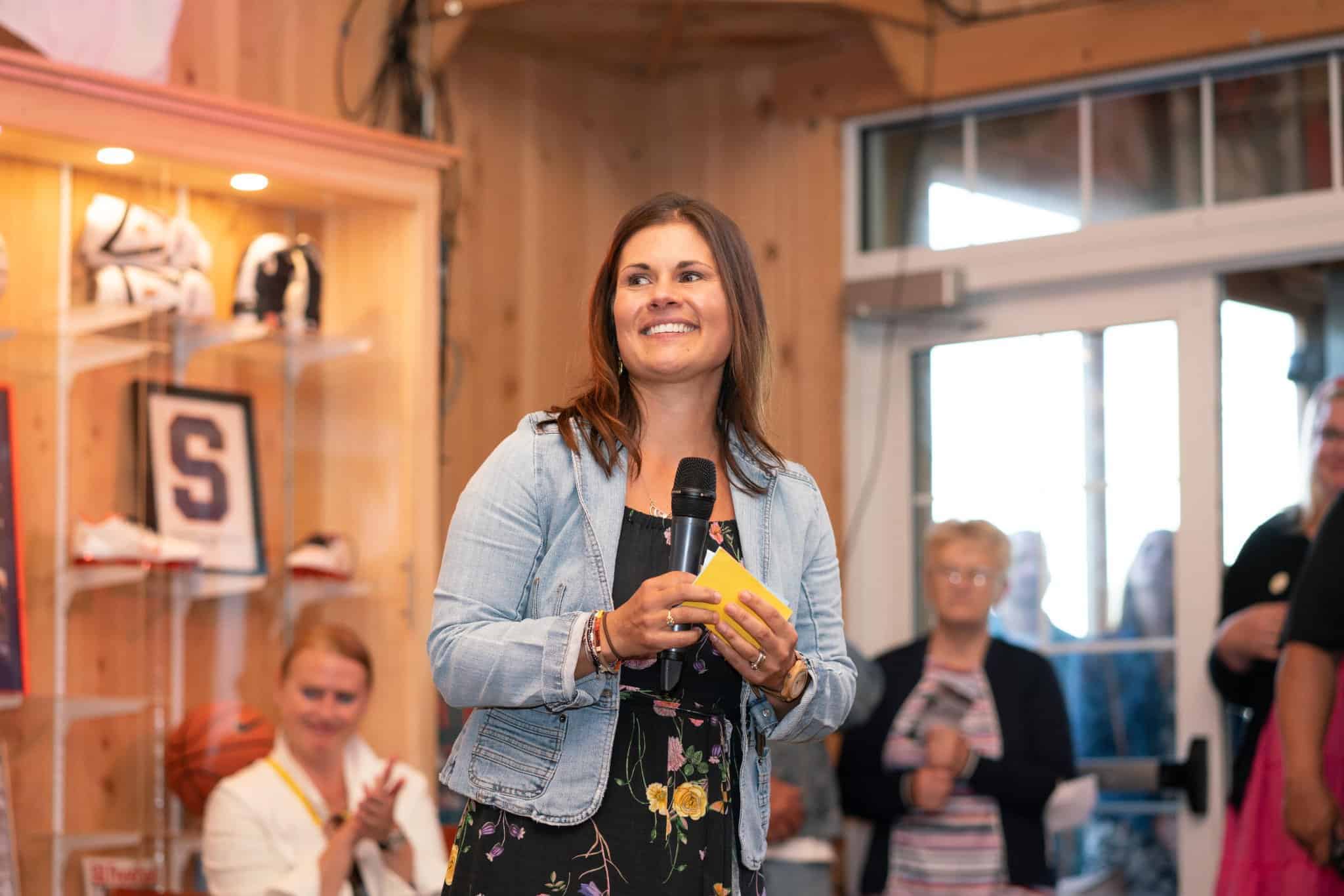
Kate Houck left her career in corporate sales to devote herself fulltime to the nonprofit sector. She has been at the helm of David’s Refuge for over seven years.
“Caregivers often don’t put the ‘oxygen mask’ on themselves, they are always looking to put it on everyone around them,” says Executive Director Kate Houck. “They get to the point of burnout. This mental, physical exhaustion has such a ripple effect if it’s left unchecked which means that they get to the point where they cannot function in the way they need to.” David’s Refuge provides a range of services that include respite, wellness, and community programming.
Their most famous program gives parents an all-expense paid weekend away at a bed and breakfast, but they also help caregivers by connecting them with a larger network of parents who are facing the same challenges. Through a recent Gifford grant, David’s Refuge has been able to provide caregivers with zero-cost private mental health counseling sessions delivered by licensed therapists.
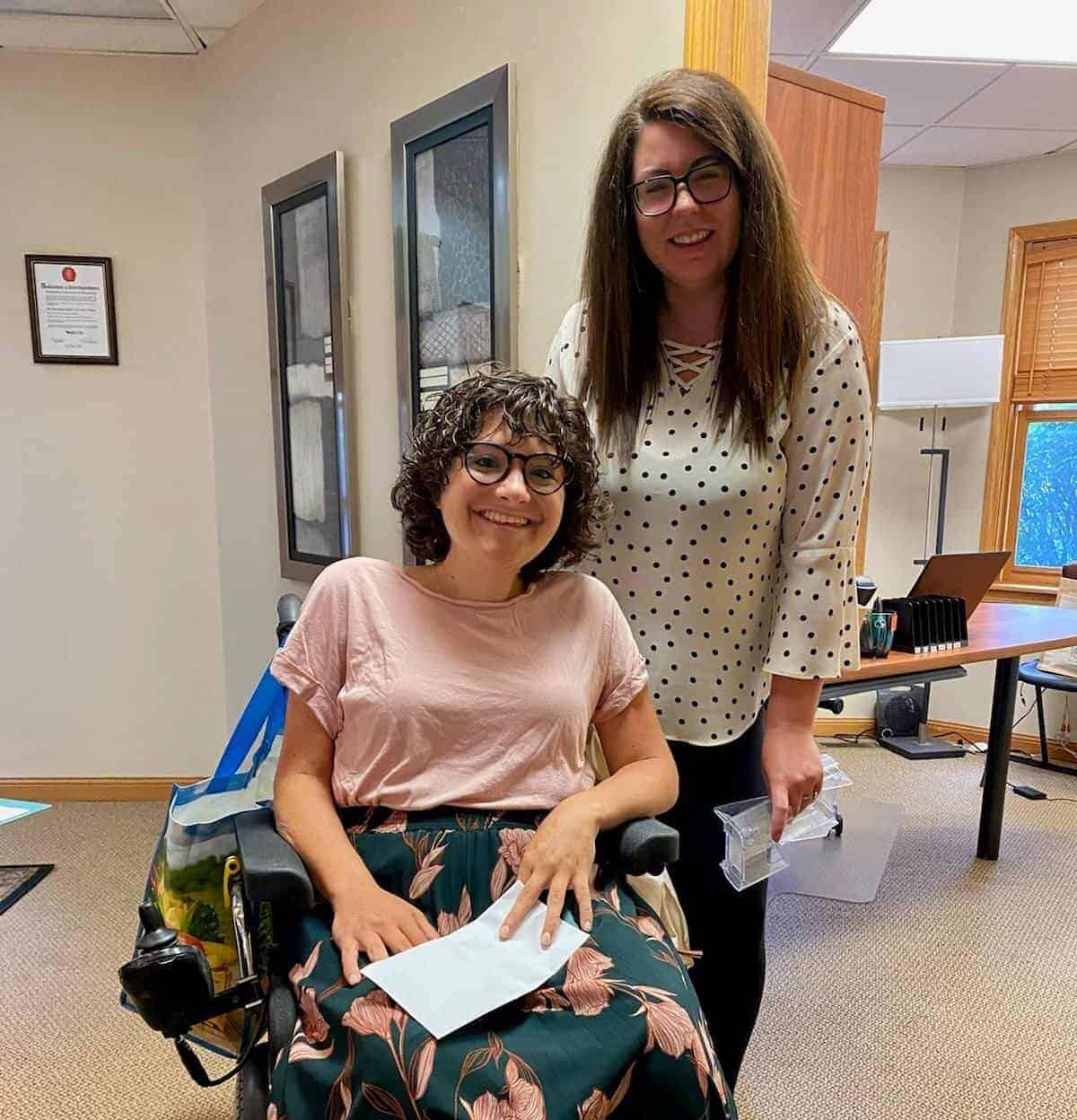
David’s Refuge specializes in helping caregivers who are parents of children with special needs or life-threatening medical conditions.
The benefits of getting parents to participate in these counseling sessions is two-fold: not only do they walk away with evidence-based strategies for supporting their psychological wellbeing, but internal survey data shows that these parents are then more likely to pursue additional self-care opportunities down the road. David’s Refuge has also begun providing group counseling sessions to help reach a larger number of participants, and telehealth protocols developed during the pandemic has allowed caregivers to meet with their therapist from home – eliminating childcare and transportation barriers.
“Many parents of special needs children actually suffer from similar symptoms as a soldier returning from combat. PTSD type symptoms,” explains Houck. “Consider the parent of a child who has frequent seizures: you put your child to bed every night, and you have not slept through the night for that entire child’s lifetime. Maybe that child is 15 and you haven’t slept through the night in 15 years. And because they are at risk for seizures, if you don’t wake up, it could take their life.”
Many caregivers are so accustomed to the strain that they are initially dismissive of the idea that they should be investing in their own wellbeing too. Houck recommends that caregivers take time to look for signs of burnout:
- Have you pulled back from things you love doing?
- Are you irritable?
- Has your health deteriorated?
- Are you seeing signs of weight loss or weight gain?
- When your friends call and invite you out, do you automatically say no?
“We’re not saying that people should feel happy all the time, or be positive all the time,” says Houck. “But if you’re starting to realize that those things that used to make you feel fulfilled, that used to make you feel empowered, are just lacking in your life completely, then it may be time to talk to someone.”
David’s Refuge extends their philosophy of self-care to their own employees. Houck says that the organization’s founders, Warren and Brenda Pfohl, engrained this in her when she first started working there as their first fulltime employee. “If I worked a late night and showed up the next morning at normal start time, they would sort of look at me and say, ‘why are you here? You worked until 10 pm last night.’ And it was just so strange to hear that.”
In the beginning, David’s Refuge provided services to between 50 and 75 caregivers annually. Today, that number has grown into the thousands. Scaling their services this dramatically has been a challenge that was gradually overcome by the hard work of their staff as well as the generosity from their community of supporters. Houck says that one important milestone was participating in POWER – a capacity building program organized and funded by The Gifford Foundation.
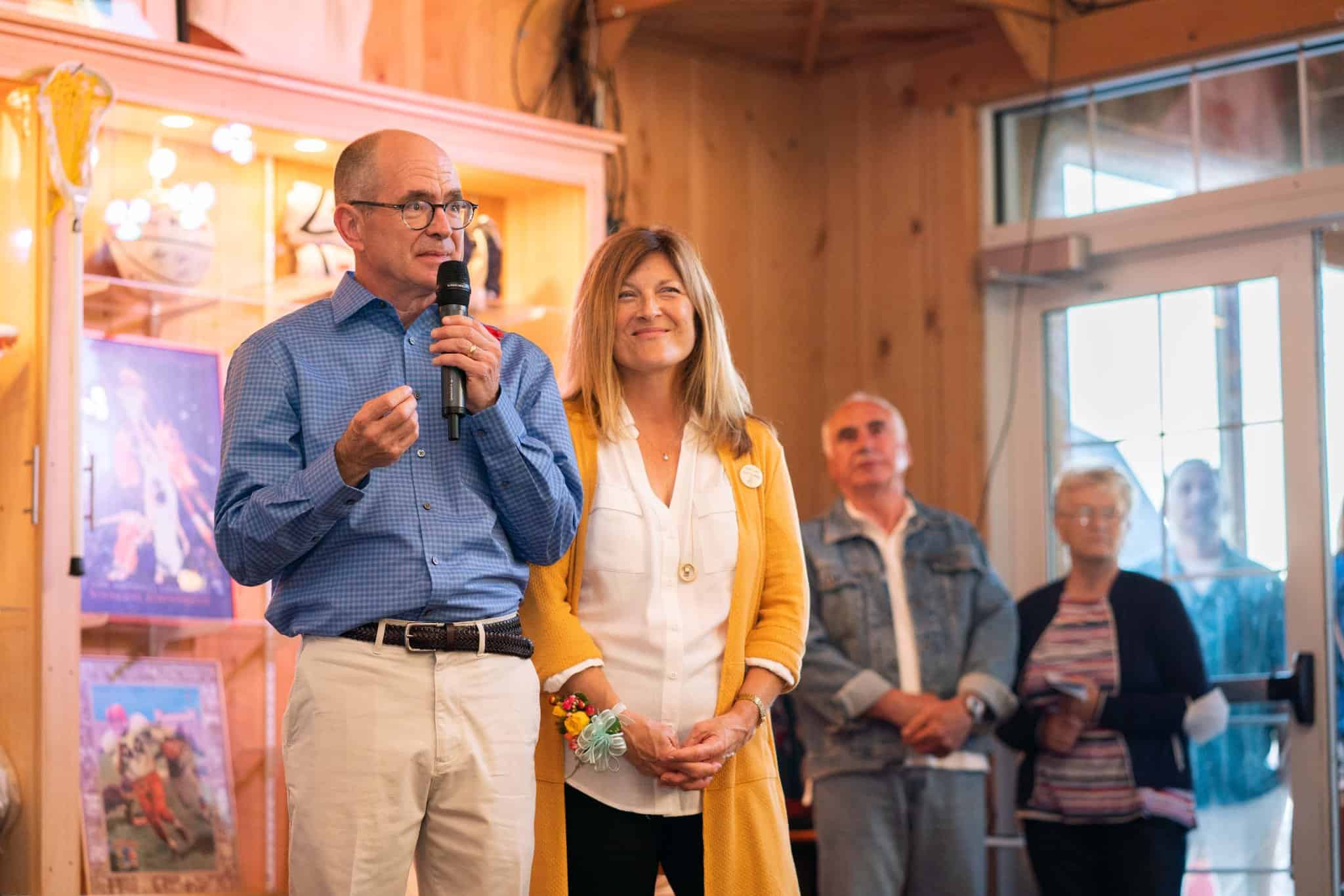
Warren and Brenda Pfohl founded David’s Refuge in honor of their son who passed away in 2009 from a rare illness called Batten’s Disease.
“It really changed the trajectory of David’s Refuge. We brought a CRM [Customer Relationship Management] program in, our database grew, our founding board transitioned to a working board at that point. All of those things happened for David’s Refuge as a result of the POWER program. It was a big deal for us.”
Looking forward, Houck hopes that the importance of self-care can be instilled in the next generation so that they are better positioned to practice it as their responsibilities increase. “If you can establish the habits of self-care early on in life, it will help you when you find yourself in the role of being a caregiver, whether it is caring for a child, a parent, or any loved one. It’s not selfish to go out and take a walk. It’s not selfish to take a respite weekend away from your children so you can pour into your marriage or yourself. It’s not selfish to get a massage. And it’s not selfish to take yourself out for an ice cream cone if that’s what makes you happy.”
